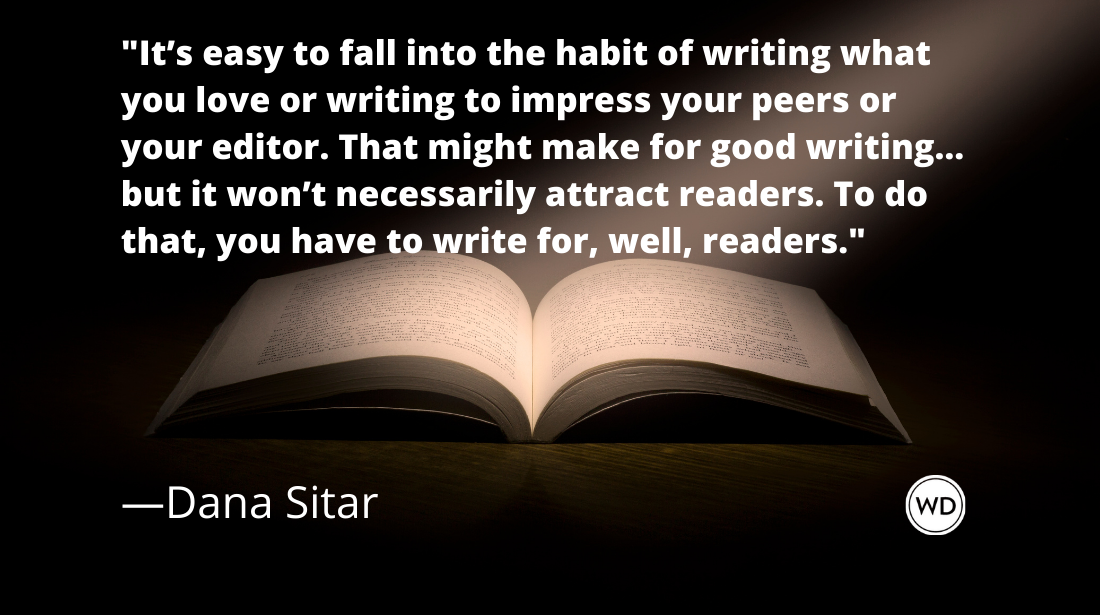What Should You Include in Your Bio for Agents?
Q: I’ve recently finished my first novel and have begun searching for an agent to represent me. Some of the agents ask for a writer’s bio. Could you please tell…
Q: I’ve recently finished my first novel and have begun searching for an agent to represent me. Some of the agents ask for a writer’s bio. Could you please tell me exactly what information I should include in this bio? What should be left out?—Terrie Smith
A: Writers are often advised to write bios that read like jacket copy, but catching the eye of an agent is about convincing her that you’re just as marketable as your book is. You also need to clearly show why you’re qualified to write your proposed book. In any bio, you want to focus on your job qualifications.
“Your bio should highlight any features that will hook readers’ interest,” says Katharine Sands, an agent for the Sarah Jane Freymann Literary Agency. “The rule of thumb is to convey in one paragraph that you can be successfully published. Of course, you want an agent to fall in love with your writing but, to an agent, your query letter is actually your interview for the job of book author.”
According to Sands, there are four pressing questions you need to ask yourself before writing your bio:
1. How have you and your work been noticed up until now?
2. What professional achievements or personal interests serve to make you, along with your project, an intriguing package?
3. Does your background show special insider knowledge that would enable you to transport your readers to an interesting world, such as backstage in Hollywood, behind the scenes with Washington power brokers or a behind-the-headlines look at your subject?
4. How is your work informed by personal experience, such as meticulous research, surviving a catastrophic event, cherished family lore or travels to exotic lands?
“As an author, you must be an impassioned ambassador for your book,” Sands says. You should also consider including ways you can promote your book to readers (e.g., do you have access to mailing lists? Can you set up seminars or workshops to promote yourself?).
If you have blurbs from published writers, literary awards and/or reviews, include them. List your participation in readings, events and book festivals to show you’re not publicity shy.
While this sounds like a lot, most first-time novelists are lucky to have a few of these to include. If your bio is running a little thin, it’s best to leave it that way. You don’t want to include unrelated personal information, negative setbacks or rejections you’ve logged in your writing life.
“I don’t need to know that your aunt knew Elvis or you love cats or you make great lasagna,” Sands says. “Agents tend to short-circuit if too much information diffuses the message that this one work could work.”
Brian A. Klems is the online managing editor of Writer’s Digest magazine.
Have a question for me? Feel free to post it in the comments section below or e-mail me at WritersDig@fwpubs.com with “Q&Q” in the subject line. Come back each Tuesday as I try to give you more insight into the writing life.








